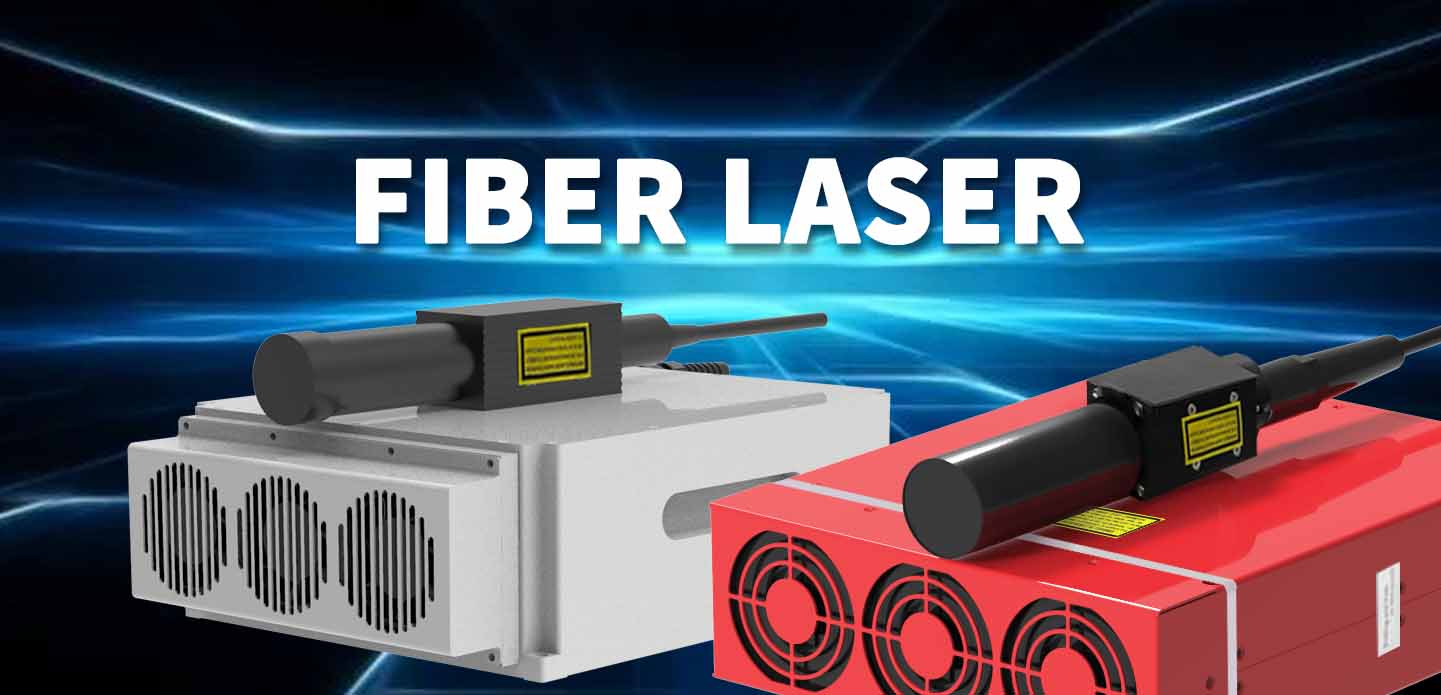Fiber optic lasers have become an integral part of modern communication systems, revolutionizing the way we transmit data over long distances. These advanced technologies have enabled faster, more reliable, and higher-capacity communication networks that have transformed the way we connect with each other.
The key to the success of fiber optic lasers lies in their ability to transmit data using light signals through thin strands of glass fibers. This method allows for data to be transmitted at the speed of light, resulting in incredibly fast communication speeds that far surpass traditional copper wires. Not only do fiber optic lasers transmit data more quickly, but they also have the ability to transmit data over longer distances without losing signal strength or quality.
One of the most significant benefits of fiber optic lasers is their high bandwidth capabilities. This means that they can transmit vast amounts of data simultaneously, making them ideal for applications that require high-speed internet connections, such as video streaming, online gaming, and cloud computing. Additionally, fiber optic lasers are less susceptible to interference and signal degradation, resulting in more stable and reliable connections.
Another advantage of fiber optic lasers is their security features. Unlike traditional copper wires, which can be easily tapped into or intercepted, fiber optic lasers are much more secure. The thin strands of glass fibers do not emit any electromagnetic signals, making it difficult for hackers to intercept the data being transmitted. This added layer of security is crucial for protecting sensitive information and ensuring the privacy of communication networks.
In addition to their speed, reliability, and security features, fiber optic lasers also have a lower latency compared to traditional copper wires. Latency refers to the delay between data being sent and received, and fiber optic lasers have significantly lower latency rates, allowing for real-time communication and interactions. This is especially important for applications that require immediate responses, such as online gaming, live video streaming, and teleconferencing.
As technology continues to advance, fiber optic lasers are playing an increasingly important role in shaping the future of communication systems. With the rise of 5G networks, smart cities, and the Internet of Things (IoT), the demand for high-speed, reliable, and secure communication networks will only continue to grow. Fiber optic lasers are at the forefront of this technological revolution, enabling us to stay connected and communicate effectively in an increasingly digital world.
由用户整理投稿发布,不代表本站观点及意愿,仅供交流学习之用,如涉及版权等问题,请随时联系我们(yangmei@bjjcz.com),我们将在第一时间给予处理。






